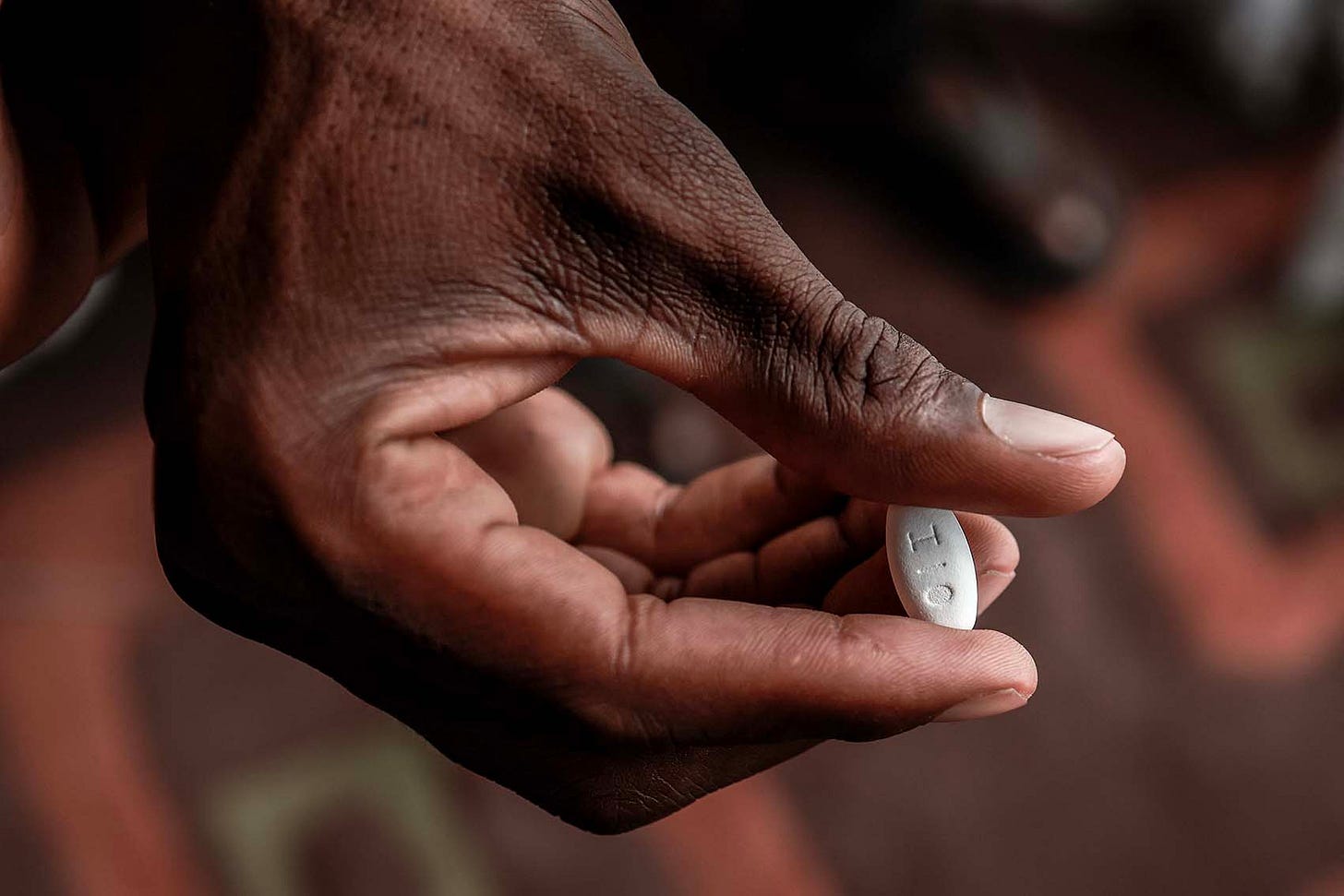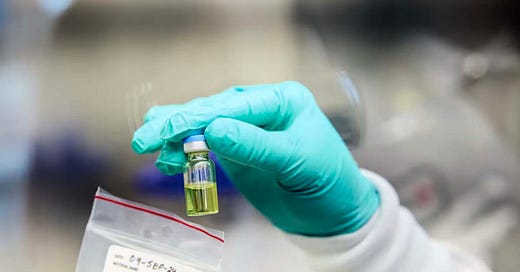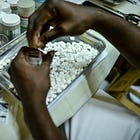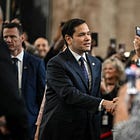‘Once-in-a-generation’ HIV drug has been approved
But there is always a but. Lenacapavir could cost as much as $28,000 or as little as $100 – depending on where you get it.
Kiri Rupiah
The United States Food and Drug Administration has approved injectable lenacapavir for HIV treatment. It’s the closest thing to a vaccine – taken just twice a year, the drug offers near-complete protection from infection.
“This medical breakthrough needs to be widely available, as quickly as possible, reaching at least 10-million people, in order to bend the curve of new infections,” said Asia Russell, the executive director of the Health Global Access Project.
New HIV infections have risen to 5,800 a day after the US government defunded prevention programmes for the communities that face the highest risk, such as LGBTQIA+ people and sex workers.
But at the price lenacapavir was approved, $28,000 per person a year, the drug’s reach will be limited.
That price is for the US market. Gilead has not disclosed its global pricing for lenacapavir and is reportedly requiring governments and funders to sign nondisclosure agreements to keep the secrecy.
But activists say it is rumoured to be $100 per person yearly for the poorest countries. Other countries will be charged using a tiered pricing system.
HIV drugs for the poorest countries are often bought by governments and international aid pools like the Global Fund to Fight Aids, Tuberculosis and Malaria. The $100 price tag is still several times higher than what they currently spend on less effective oral alternatives.
With millions of doses to buy each year, and with foreign aid cuts, these buyers face an choice: continue buying many doses of cheaper but less effective alternatives or buy fewer doses of the new wonder drug. Either route costs lives. Gilead has licensed six other drug makers to make generic versions for restricted distribution to 120 low-income countries, but actual production might take years.

“We can’t have a breakthrough tool that only rich governments can afford, and be told we must wait years before a fairly priced generic becomes possible,” said Fatima Hassan, director of South Africa’s Health Justice Initiative.
Gilead’s list of low-income countries excludes several nations in the Global South that have high HIV burdens and where the firm tested the drug, such as Argentina, Brazil, Peru and Mexico.
In a statement on Wednesday, five activist organisations asked global health funders and agencies to support governments which may want to use patent opposition and compulsory licensing to loosen Gilead’s price and distribution controls. “Otherwise we will have only a slow drip of supply over the years, with exacerbated deadly inequities,” said Russell.
“We cannot let corporate control and excessive pricing decide who stays HIV-free,” said Susana van der Ploeg of the Brazilian Interdisciplinary Association on Aids.







As always, the quality news.